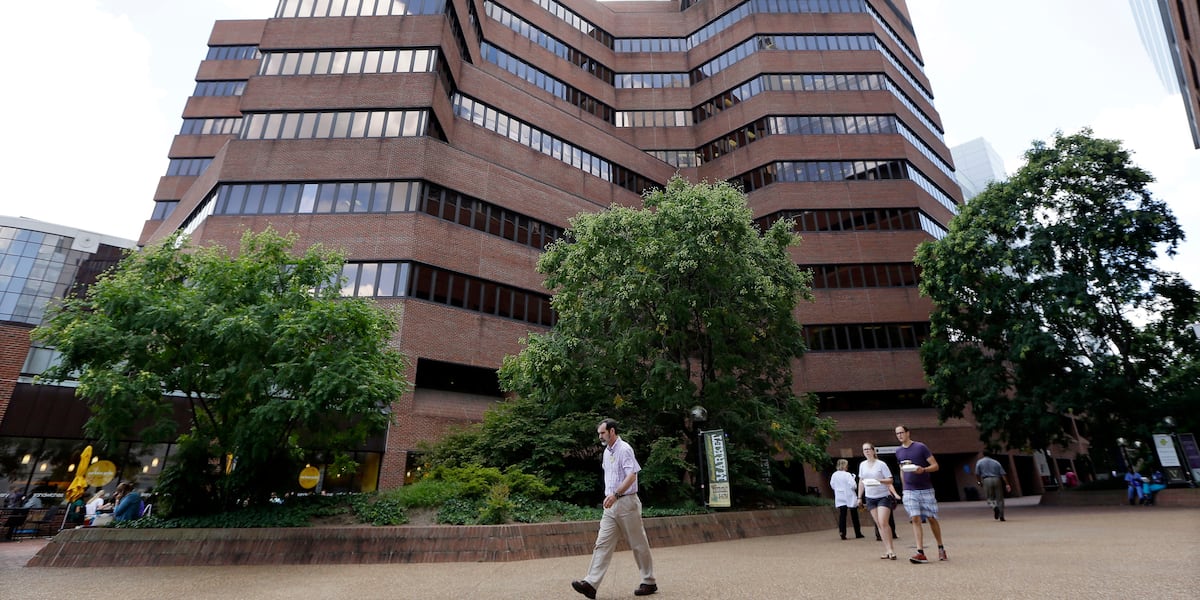Michigan Hospital Faces Scrutiny Over Alleged Religious Discrimination Case

Michigan Hospital Faces Scrutiny Over Alleged Religious Discrimination Case
A healthcare system in Michigan is currently under investigation following allegations of religious discrimination. The case centers around a former employee who claims she was terminated for expressing concerns about being required to use pronouns that conflicted with her religious beliefs. This situation has ignited a debate about religious freedom versus inclusivity in the workplace, particularly within the sensitive healthcare sector.
According to the employee's account, she voiced her discomfort with using pronouns that didn't align with her understanding of a patient's biological sex. She reportedly sought an accommodation that would allow her to refer to patients in a way that was consistent with her religious convictions. However, the healthcare system allegedly refused this accommodation and subsequently terminated her employment.
The Equal Employment Opportunity Commission (EEOC) is now investigating the matter, aiming to determine whether the healthcare system violated the employee's religious rights. The investigation will likely focus on whether the healthcare system reasonably accommodated the employee's religious beliefs, as required by federal law. Federal law mandates employers to provide reasonable accommodations for employees' sincerely held religious beliefs, unless doing so would cause undue hardship to the business.
This case raises complex questions about the balance between respecting individual religious beliefs and ensuring inclusivity and respect for all patients. Healthcare professionals are expected to provide compassionate and respectful care to everyone, regardless of their gender identity or sexual orientation. However, some argue that forcing individuals to violate their deeply held religious beliefs is also a form of discrimination.
The healthcare system in question has released a statement acknowledging the EEOC investigation and stating its commitment to complying with all applicable laws. They have also emphasized their dedication to providing a welcoming and inclusive environment for both patients and employees. However, they have declined to comment specifically on the details of the case, citing privacy concerns.
Legal experts suggest that the outcome of this investigation could have significant implications for employers across various industries. It highlights the increasing importance of understanding and navigating the intersection of religious freedom and diversity and inclusion initiatives in the workplace. The case also serves as a reminder to employers to proactively review their policies and practices to ensure they are compliant with federal and state laws, while also fostering a respectful and inclusive work environment.
The EEOC's investigation is ongoing, and a resolution is not expected in the immediate future. Regardless of the outcome, this case is likely to fuel further discussion and debate about the complex legal and ethical issues surrounding religious freedom and LGBTQ+ rights in the workplace. It underscores the need for employers to prioritize open communication, understanding, and a willingness to find reasonable accommodations that respect both individual beliefs and the rights of all individuals.






